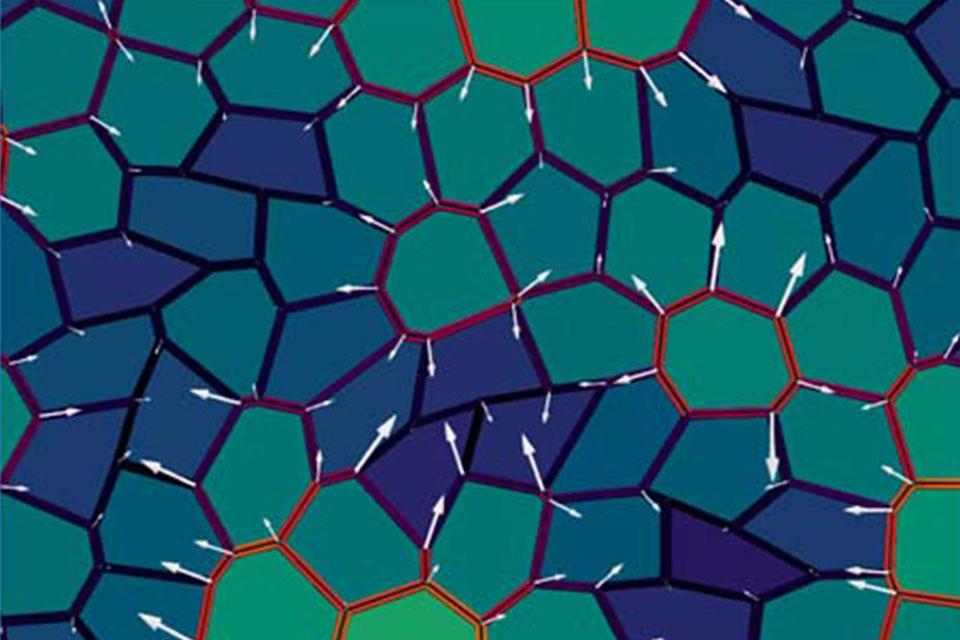Nine ambitious multidisciplinary projects will receive funding from the UK Research and Innovation (UKRI) and Wellcome Physics of Life Strategic Priorities Fund. The aim is to transform our understanding of life by bringing together innovative approaches in life sciences and physics; projects have been selected based on their potential to generate new knowledge and to have a broad range of applications.
The projects announced today include ‘Early-stage Embryo as an Active Self-tuning Soft Material’. This is a collaboration between Professor Julia Yeomans from the Department of Physics at Oxford, Professor Kees Weijer and Dr Rastko Sknepnek from the University of Dundee and Professor Guillaume Charras from UCL.
Cutting-edge research
This project will use cutting-edge research in the physics of active matter to help understand gastrulation, a key step in embryonic development of virtually all higher organisms that lays the foundation for the body plan of a new individual. In the project, a combination of advanced imaging and modelling will be used to investigate the key biophysical mechanisms that control the spectacular way in which thousands of dividing and differentiating cells self-organise to form an embryo. This will not only improve our ability to prevent and treat the many congenital diseases that are caused by errors during gastrulation but is also relevant to explaining how complex life has evolved on Earth.
Professor Yeomans comments: ‘We are looking forward to a physics-biology collaboration aiming to understand the relevance of the physics of complex, non-equilibrium systems to the early development of the embryo. Interdisciplinary research is challenging, but can often lead to innovative ideas and results.’

